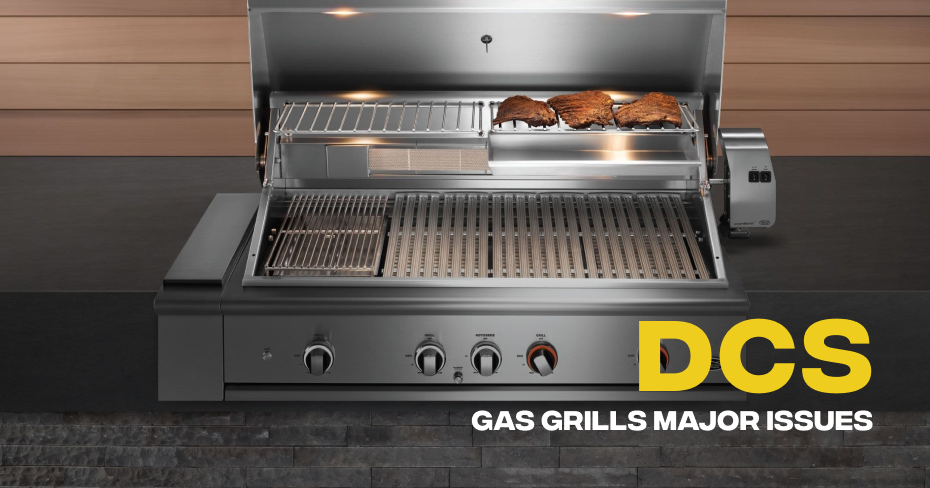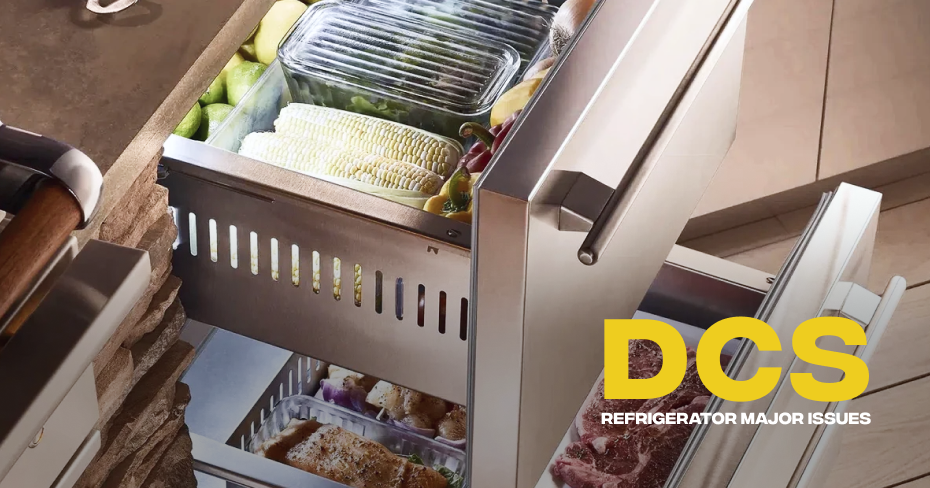DCS Gas Grills Rotisserie lights, but will not hold flame once button is released
DCS Gas Grills Rotisserie Lights, but Will Not Hold Flame Once Button Is Released
If your DCS gas grill rotisserie lights, but will not hold flame once the button is released, there are a few possible causes.
Cause 1: Faulty Thermocouple
The thermocouple is a safety device that prevents the gas valve from opening if the flame goes out. If the thermocouple is faulty, it may not detect that the flame is out, and the gas valve will continue to open, even after the button is released.
To test the thermocouple, you can use a multimeter to measure its resistance. The resistance should be between 100 and 200 ohms when the flame is lit. If the resistance is outside of this range, the thermocouple is faulty and needs to be replaced.
Cause 2: Faulty Gas Valve
The gas valve is responsible for controlling the flow of gas to the rotisserie burner. If the gas valve is faulty, it may not close properly once the button is released, allowing gas to continue to flow to the burner.
To test the gas valve, you can use a pressure gauge to measure the pressure of the gas flowing to the burner. The pressure should be between 0.5 and 1.0 PSI when the button is released. If the pressure is higher than this, the gas valve is faulty and needs to be replaced.
Cause 3: Clogged Burner
The rotisserie burner can become clogged with grease or food particles, which can prevent it from burning properly. If the burner is clogged, it may not be able to maintain a flame once the button is released.
To clean the burner, you can use a wire brush or a toothpick to remove any debris. You can also use a degreaser to help loosen any stuck-on particles.
Cause 4: Electrical Problem
In rare cases, the problem may be due to an electrical problem. This could be a faulty switch, wire, or other component. If you have checked all of the other possible causes and the rotisserie is still not working properly, you should contact a qualified appliance repair technician.
To troubleshoot the problem, you can follow these steps:
- Check the gas connections to make sure they are tight and secure.
- Clean the rotisserie burner.
- Replace the thermocouple.
- Replace the gas valve.
If you have followed these steps and the rotisserie is still not working properly, you should contact a qualified appliance repair technician.


